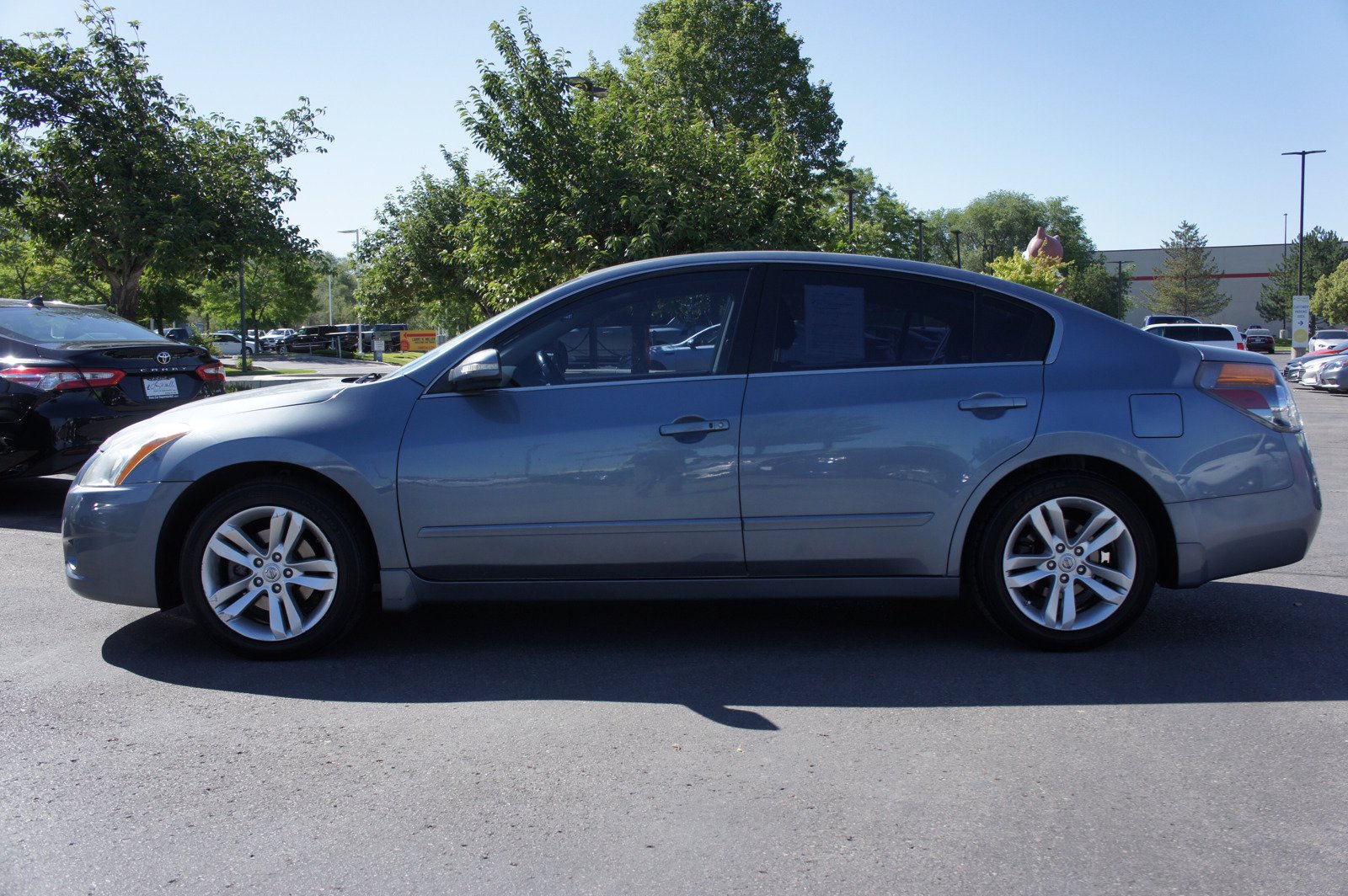Nix found myself in check cashing accidentally
Their dad, Tom Nix Sr., managed a collection of drivers who delivered loaves of bread door to door, the way the milkman sent dairy. By the 1960s, delivery had been a perishing business, but in the warehouse in southern area L.A. in which Nix’s drivers filled their unique trucks, natives, generally bad, primarily black, would are available to get day-old loaves of bread. So Nix’s daddy begun selling goods out of the warehouse.
He also known as it Nix Examine Cashing

Nix required to see the existing shop. Today it is labeled as Pancho Grande. A mural from the Virgin Mary, in brilliant hues, stands taller versus door. A nearby, as soon as practically entirely black, is now mainly Latino, Nix described, a shift that occurred across south L.A. as immigrants emerged from Mexico and black colored family leftover for the inland suburbs. Once the Nix shop had been here, mom-and-pop grocery stores and liquor places frequently cashed monitors no-cost. But between worst monitors and bounced monitors, shopkeepers in local lost funds, although they would rotate away people who checked risky – whatever risky looked like for them. So during the early 1970s, Nix Jr., who’d being their dad’s companion, made a photograph ID for their subscribers and ordered his first photoscope, next an arcane newer security means. Quickly Nix was actually cashing checks for anyone who went in, doing it quickly and reducing the household’s loss. a?People lined up down these steps,a? he stated, pointing towards the store’s office behind. a?All the way on the middle aisle and out over the pavement.a?
Where they stayed, they introduced newer fees for people exactly who held very little within their is the reason the financial institution to invest
For the majority of on the 20th century, banking was actually a protected company. Should you decide desired to open a financial, you’d to visit before a panel of regulators and confirm you would not provide competitors that could threaten a current lender in the local. In exchange for a captive market, banking institutions was required to comply with rigorous formula. However in the middle 1970s, regulators began to let a lot more competitors. Banking companies needed to spend closer awareness of their own earnings as well as their losings. All of a sudden, Nix’s regional financial started battery charging your a fee to deposit monitors into his commercial accounts. Nix realized the guy either had to quit cashing monitors for those or begin asking them for the service.
a?We billed a penny to start with,a? Nix recalled. a?People had gotten mad, they remaining, in two months, businesses returned. Then we energized 35 cents. Ditto took place. Next we started to recharge one percent. We begun to recognize this might be a company.a?
In 1978, Nix leased a classic petrol station in Watts and developed it into exactly what appeared as if a tiny, stripped-down lender. A year after, he was cashing so many money in checks each week. Subsequently in 1980, Congress started to deregulate the financial field. Limbs sprouted in rich neighborhoods, where they battled one another for the wealthiest depositors, and closed in bad and working-class neighborhoods. Round the country, the check-cashing businesses boomed. Nix unsealed brand new sites as fast as he could raise investment. Any place the banks overlooked, that has been the real property he desired. By the end in the 1980s, Nix got cultivated big enough to obtain name-checked from the Beastie young men: a?i am lovely and dashing/I’m rental-car bashing/Phony-paper passing/At Nix Check Cashing.a?
Period bring altered, significantly. Today above 90 percent of check cashers and payday lenders remain within a distance of a lender, relating to a current Brookings establishment document. It’s no longer mainly location, this basically means, this is certainly keeping finance companies and bad people apart. a?Banks aren’t shying away from low- and moderate-income areas,a? states Fellowes, the report’s author. But, the guy added, a?they’re not going after the opportunity in an informed-enough way to get very winning.a?
